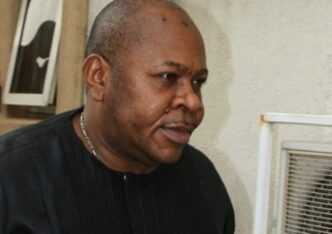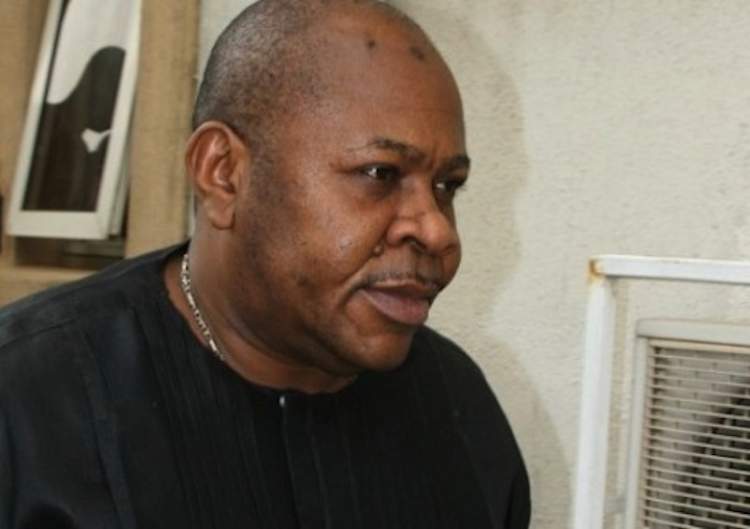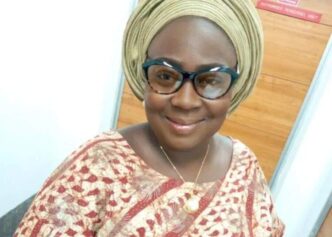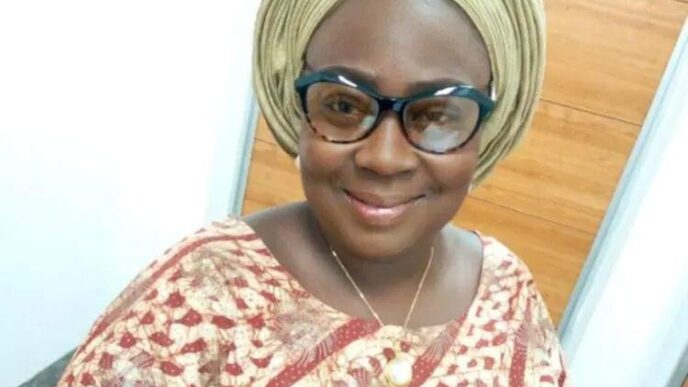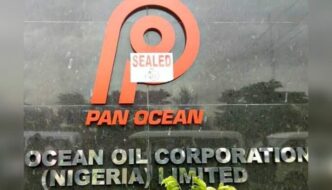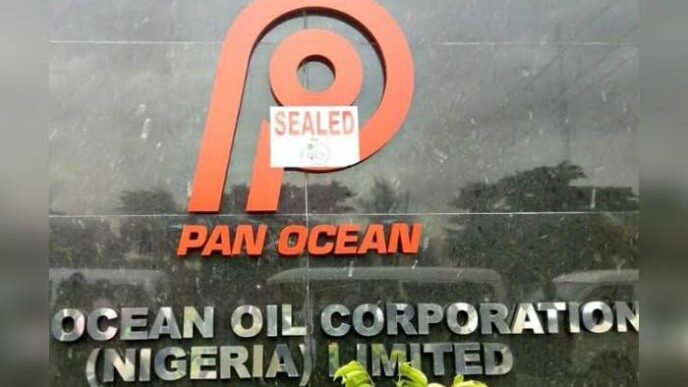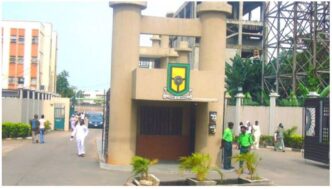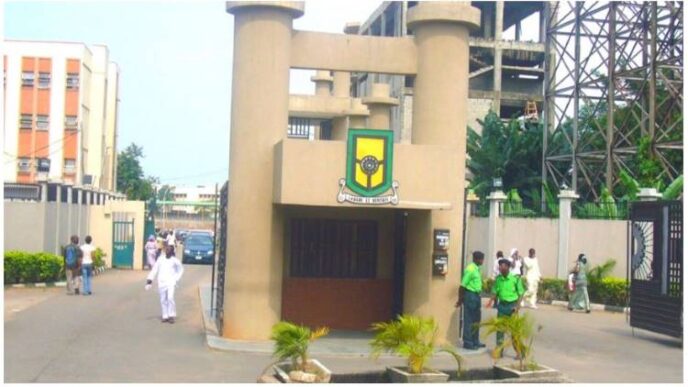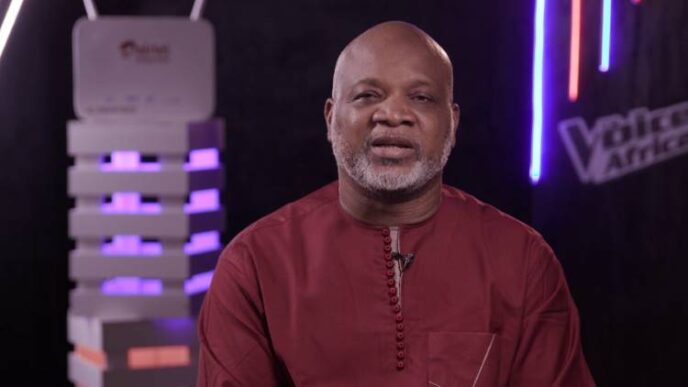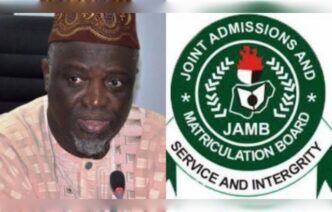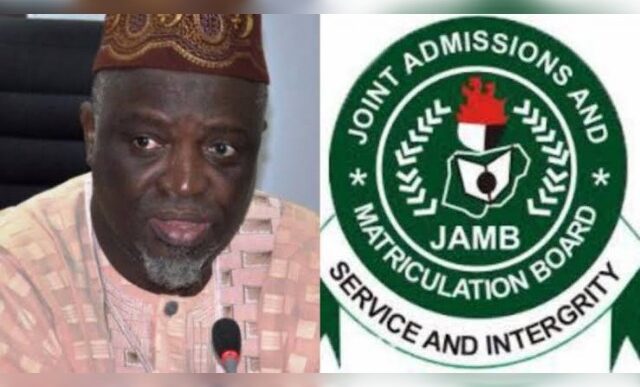The Economic and Financial Crimes Commission (EFCC) has re-arrested Fred Ajudua, a former Lagos socialite, over alleged $1.43 million fraud case that has lingered for nearly two decades.
Sources familiar with the development disclosed that EFCC operatives apprehended Mr Ajudua in Abuja on Tuesday, just days after the Supreme Court delivered a judgment revoking the controversial 2018 bail earlier granted to him by the Lagos Division of the Court of Appeal.
The apex court upheld the EFCC’s appeal, nullifying the bail and ordering Mr Ajudua’s remand in a correctional facility pending the continuation of his trial.
The EFCC is now set to press forward with the case, which has suffered significant delays and procedural hurdles in the Nigerian judicial system.
Mr Ajudua is accused of defrauding a Palestinian national, Zad Abu Zalaf, of over $1 million under false pretences in 1993. He currently faces 12 amended charges of conspiracy to obtain money by false pretence, forgery, and uttering forged documents before Justice Mojisola Dada at the Lagos State High Court in Ikeja.
The Supreme Court’s recent decision reinstated Justice Dada’s earlier refusal to grant Mr Ajudua bail, citing his record of obstructing judicial proceedings.
The case was originally filed in 2005 and assigned to Justice M.O. Obadina. Between 2005 and 2009, Mr Ajudua reportedly failed to appear in court on at least 24 occasions, stalling the trial and leading to its eventual dismissal in 2009.
Following an EFCC application, the case was reinstated in 2017. In June 2018, Mr Ajudua was arraigned before Justice Dada. However, the Court of Appeal later granted him bail and ordered the case transferred to a new judge.
Dissatisfied, the EFCC appealed both rulings at the Supreme Court, which ultimately reversed them and ordered that the trial resume before Justice Dada, with Mr Ajudua remanded.
Central to the prosecution’s case is the testimony of German businessman Michael Kreamer, who alleged that he was introduced to Mr Ajudua by Mr Zalaf. Kreamer, a luxury car dealer, claimed he handed over $550,000 in 1993 as part of a purported business deal after being convinced of Ajudua’s legitimacy through staged displays of affluence and official-looking settings.
He said he received what he believed to be a valid receipt signed by Ajudua but never heard from the parties again after returning to Germany.
According to the EFCC, Mr Ajudua and his alleged accomplice, Joseph Ochunor (currently at large), forged documents supposedly from the Central Bank of Nigeria and the Nigerian National Petroleum Corporation to legitimize the scam.
The prosecution claimed Mr Zalaf was defrauded of $268,000 on April 2, 1993, and another $225,000 on May 12, 1993.
Mr Ajudua had previously secured bail on medical grounds in a separate but related case before Justice Josephine Oyefeso, citing serious health concerns, including a single functioning kidney.
His defence counsel, Norrison Quakers, SAN, sought similar bail conditions in the current case. However, the EFCC opposed the motion, citing Mr Ajudua’s repeated failure to appear in court and the prolonged delay in the trial.
Justice Dada denied the bail application, ruling that the defence had used health excuses to stall proceedings for more than 13 years—delays she described as indefensible.
In its ruling, the Supreme Court further noted that the issue of transferring the case to another judge had become academic, having already reversed the bail.
The court directed the Chief Judge of Lagos State to ensure the trial resumes swiftly before Justice Dada.

